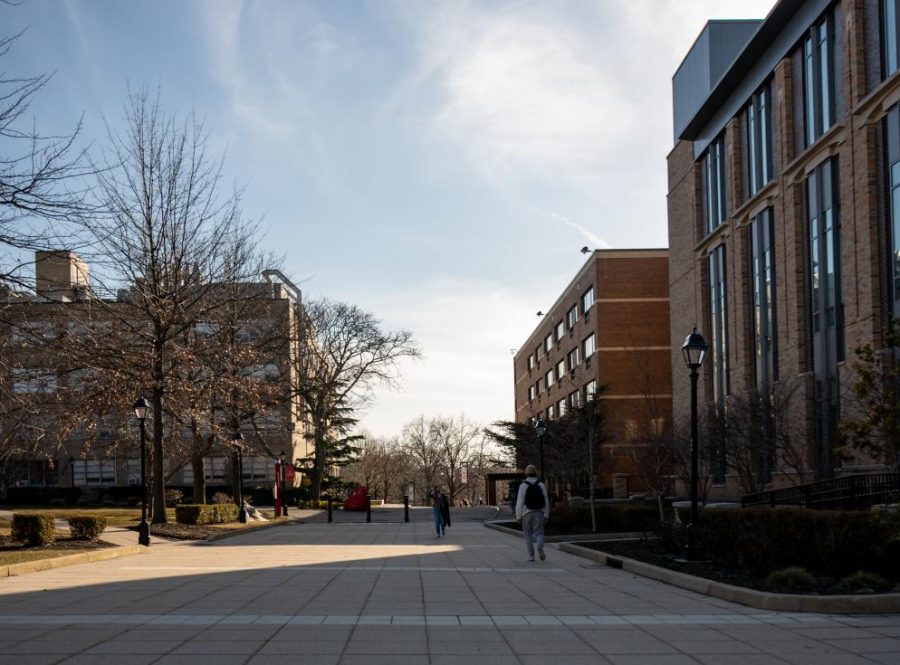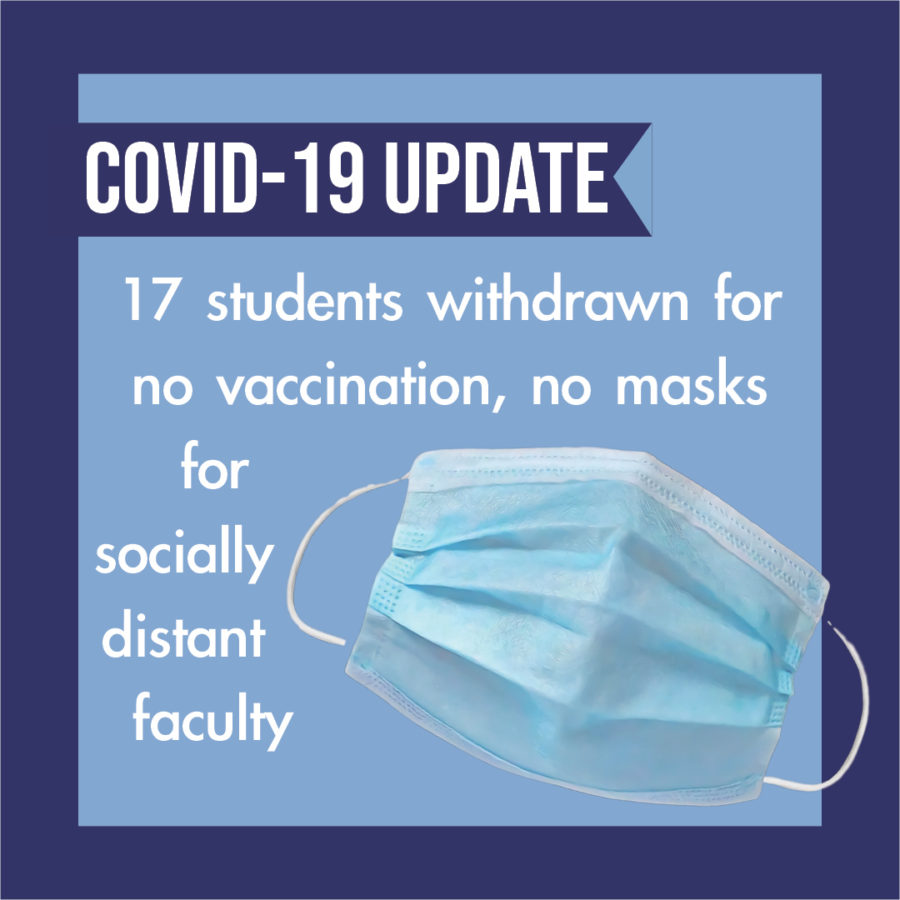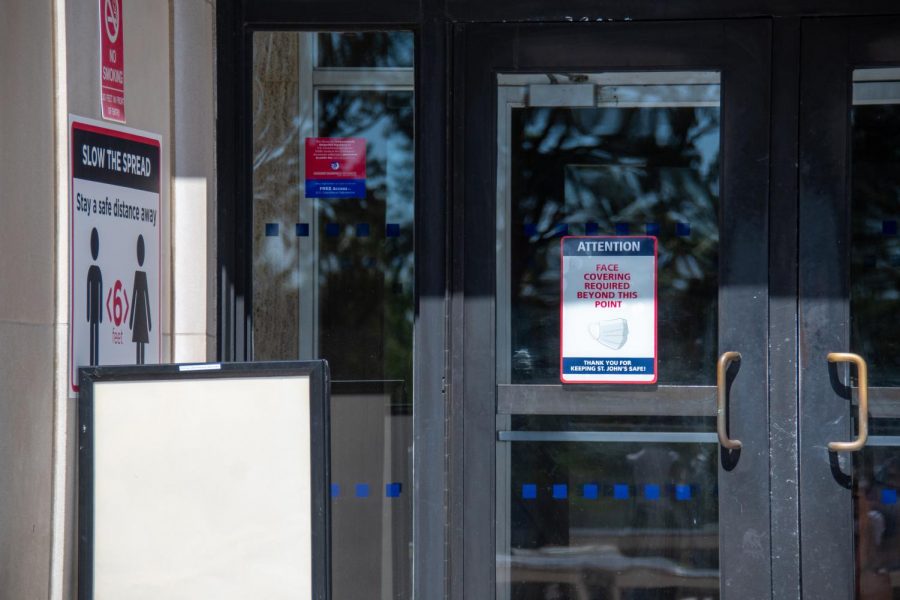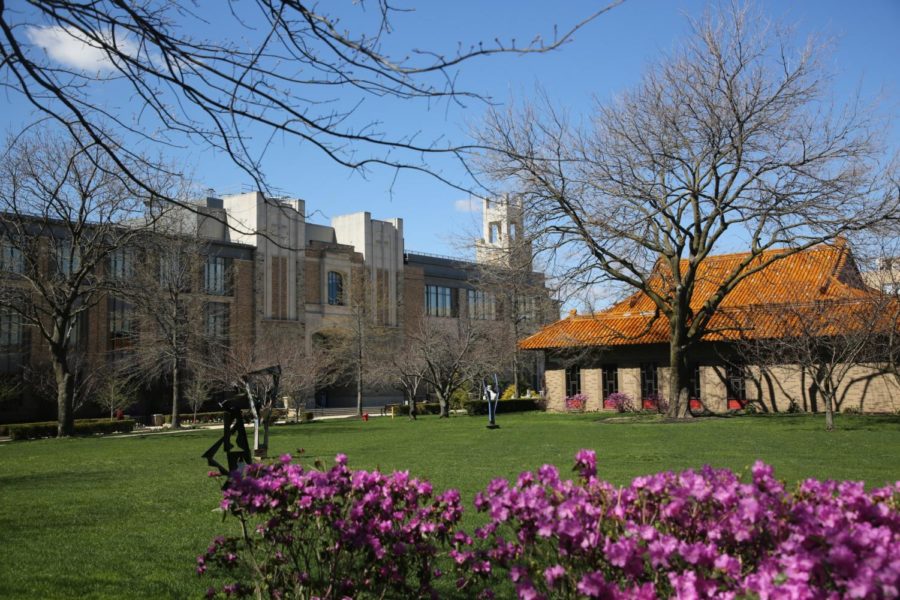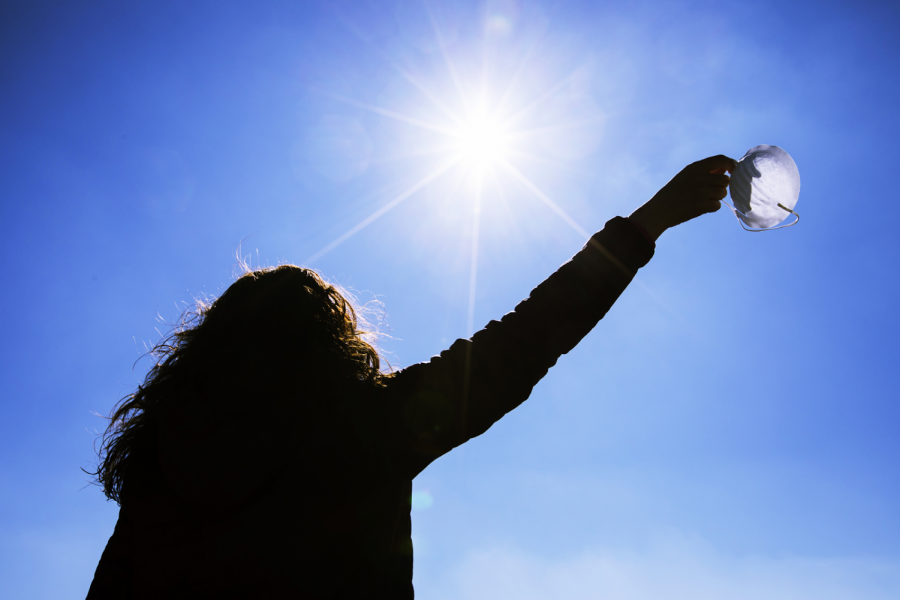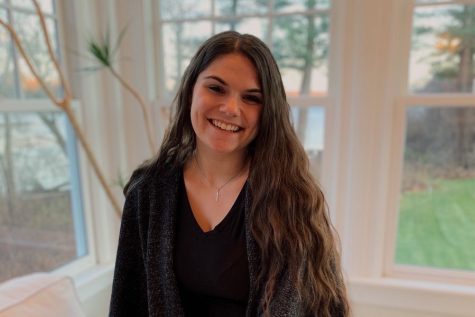Common Hour once served as a time where various campus organizations could host in-person events and meetings for their members. But when the pandemic hit the United States last March, everything went virtual — including campus organizations.
Every campus organization had to learn how to operate in a virtual format this past year, including the feat that is getting new students involved in their organizations — without the bi-annual Activities Fairs to engage freshmen, transfers and upperclassmen who are looking for something new to do.
The Torch spoke with four SJU campus organizations to hear how they’ve adapted to this challenge, from the issues they’ve faced and the success they’ve seen to what they are hoping for in the future.
What types of virtual events have various organizations held so far this year? What do they have coming down the pipeline?
“The first virtual event that our organization has conducted is the Introduction to Commercial Banking with a guest speaker,” Juliana Vosilla, president of Women on Wall Street, said. “The executive board and I are currently aiming for additional events including panel discussions, remote networking events and workshops to enhance technical skills like resume[s], LinkedIn and interview preparation.”
Carisma Collins, president of the Criminal Justice Association, detailed that their E-Board successfully held a few virtual events throughout the Fall 2020 semester, including “a co-hosted event titled ‘When Wrongful Convictions Visits Law Enforcement,’ a Residence Life-initiated program, ‘Breaking Bias,’ a voter registration event and a general body meeting for members to meet the 2020-2021 e-board.”
In addition to the events from the fall semester, Collins said that the E-Board is planning a fundraiser with Panda Express and has hinted at collaborating with both Collegiate Curls, the St. John’s chapter of an organization centered around natural hair and empowerment, and Feminists Unite — with more to come.
Prior to the pandemic SJU’s Improv Club, known as the “Bad Astronauts,” held practices on a bi-weekly basis and performed monthly shows for an in-person audience. However, when the pandemic hit, Team President Jashton Gieser explained that they “resorted to a single weekly practice for our members with no performances. It was a bummer but we did what we had to do to survive.”
The group is launching, (“no pun intended,” according to Geyser), an original podcast this semester, “Bad Astronauts in Space.” “These are around an hour long each and follow a team of improviser astronauts stranded in space, but able to broadcast long-form improv back to Earth —fun stuff, right? Hopefully our audience can dig the quirky nature of it all, and will keep coming back week after week.”
St. John’s Literature Club is a new club that began during the pandemic. Since it has only existed in a virtual format, Imman Shah, Literature Club president said, “We have held virtual movie nights and giveaways, as well as holding author events online via Zoom and Webex.”
How has member engagement shifted over the course of the pandemic?
Gieser explained that fostering member engagement and recruiting new members for the SJU Improv Club has been difficult.
“Finding new members is a lot harder without in-person auditions,” Gieser said. “Usually we have a ton of interested students at the start of each year looking to join. So far we’ve brought in two new Astronauts this way, with two more preparing to become full-time members next month. Last semester we regularly had about three members attending due to the chaos of switching to online, [but] we now are really feeling the sense of community week by week.”
For the Criminal Justice Association, Collins remarked that “virtual events have been few in attendance, but meaningful. We’re all going through trying times, but we’re optimistic about the future of our org and are grateful for the attendance we receive for our events.”
“Our e-board, like many others, has had difficulty increasing member engagement,” Collins continued. “To increase engagement, we post more on our Instagram account and story. Any way to interact with our members that works best for them is how we keep them both engaged and informed about upcoming events, Instagram Lives and more.”
While both Bad Astronauts and the Criminal Justice Association have had their share of struggles in terms of member engagement, Women on Wall Street and Literature Club have had a bit more luck with the virtual format — although they are still inevitably struggling.
“Our virtual events have been successful so far,” Vosilla said of Women on Wall Street’s online engagement. “Overall, participation has been better than our previous semesters although the attendance for events is challenging. Virtual engagement with our members has soared using Instagram posts, story polls and our email chains, despite the dwindling member attendance for events.”
Shah mentioned that the Literature Club has also had relatively good participation in a virtual setting.
“I believe being virtual has, unironically, allowed for people to attend many meetings without the social pressure it entails,” Shah said. “However, I will say that our participation is only up because our e-board makes a great effort to be very accessible and friendly.”
“Not being face to face means that there is less investment from people attending, so while we may have 10 to 15 people in a meeting, there will be around five members actively involved,” Shah said. While the chat option is more active among members, Shah believes it takes away from the community bonding within their club due to lack of face-to-face conversation.
What are these organizations looking forward to with the hopeful return of more in-person events in the fall?
“For the future of the Criminal Justice Association and as a graduating senior, I hope our organization can engage with members as we wished to this academic year,” Collins said. “Our goal is to continue to build familiarity and relationships with members so they do not feel as though they are just receiving academic information and opportunities with no personal backing to it, and for them to feel comfortable reaching out to e-board members individually as they see best fit.”
Shah noted that the hope for St. John’s Literature Club is “to develop a warm space for discussion and conversation. We want to hold more interactive events and fundraisers, and provide the most support to our members.”
“I think that while being virtual has caused a setback, it has also provided an avenue for people, who otherwise are too shy and hesitant to join clubs, to put their foot in the door and explore the variety of clubs on campus,” Shah continued.
Vosilla said that “as a member and executive board leader of this wonderful organization for the past four years, I am optimistic for the future of Women on Wall Street. As an e-board, we are collectively interested in joining a broader, nationally recognized nonprofit as well as expanding our existing network to increase collaborations and events for our members.”
In the spirit of embodying comedy and entertainment, Gieser said that Bad Astronauts is “longing to meet in person again like a beached beluga longs to be hoisted up on the backs of hometown heroes and plopped back into her aquatic kingdom.”
“Seriously though, it is so hard to engage with an audience when you can’t see them,” Gieser continued. “Also, while performing, you want to look your fellow performers in the eye but everyone seems to be looking past each other. It’s depressing. Besides, our main purpose is to bring laughter to St. John’s through improv. To have shows on campus really embodies that mission in a way online media simply can’t.”
It is clear that the pandemic has brought forth struggles for campus organizations, but with widespread vaccine distribution in the works, there is hope to get back to an in-person format sooner rather than later. For both e-boards and organization members, the fall semester and the hope of in-person gatherings can’t come soon enough.
“I am optimistic that the setbacks we have faced this academic year will make future in-person events even better than those of the past, as we now know what it is like to be limited in creativity and execution of our ideas,” Collins said.
“This past year has been a learning experience, but we are going to take the minor setbacks and improve for the better.”



